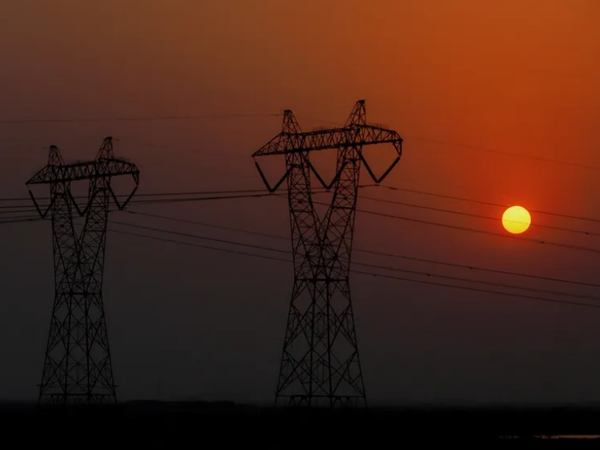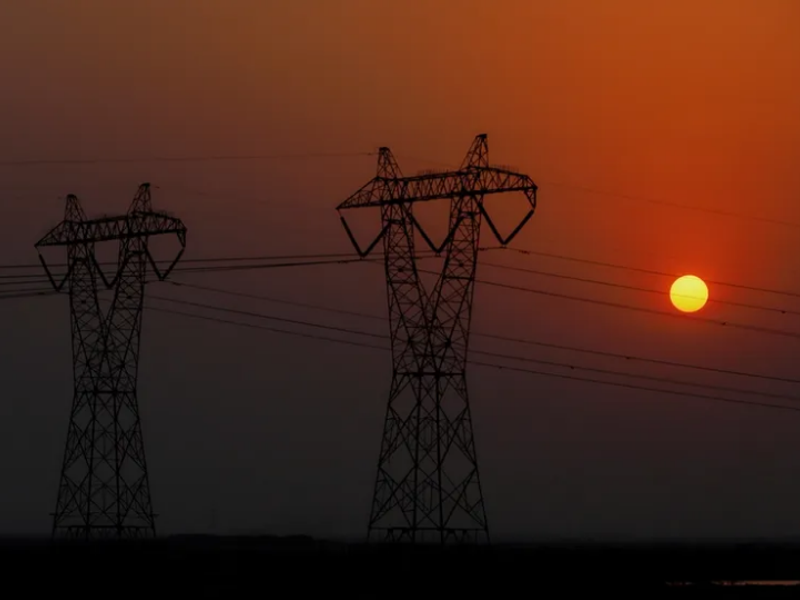Veteran politician and former Vice President Es’haq Jahangiri has called for the dismissal of officials responsible for Iran’s energy crisis, arguing that widespread power outages could have been prevented even without the country’s oil and gas resources.
“Even if we had no oil and gas, we should not have reached this situation this winter,” Jahangiri said at the Energy Imbalance and Solutions Congress, criticizing officials for failing to secure adequate fuel supplies for power plants.
He criticized the lack of emergency measures, asking, “Could we not have imported two shiploads of diesel to keep power plants running and avoid becoming a laughingstock?”
The former official warned that continued mismanagement could lead to even more severe disruptions in the future.
Power shortages in the cold season have led to public anger and sporadic protests as overall economic crisis deepened and prices soared.
Days of protests in the small town of Dehdasht and at the University of Tehran have underscored growing public anger toward the government. Despite a heavy security presence, residents have also voiced their frustration over power outages and rising living costs by shouting anti-government slogans from their apartment windows each night.
Sporadic demonstrations also occurred in other cities earlier this week, including Shiraz, Yazd, Tehran, Parand, Shazand, Bukan, Hashtgerd, and Kamyaran.
Protesters have directed much of their ire at Supreme Leader Ali Khamenei, chanting slogans calling for his removal and condemning the government’s failure to manage the ongoing crisis.
Widespread blackouts have forced school and government office closures across multiple provinces on some days, with authorities blaming the outages on high gas consumption and limited supplies. Iran has the world's second largest natural gas reserves but production is declining due to lack of technology and investment.
The Iranian rial recently hit an all-time low, with the US dollar briefly reaching 940,000 rials before experiencing a slight recovery. Essential goods such as rice, dairy, and cooking oil have seen price hikes up to 110% over the past year, deepening financial hardships for Iranian households.
Despite mounting crises, top officials, including President Masoud Pezeshkian and Parliament Speaker Mohammad Bagher Ghalibaf, have continued to praise Supreme Leader Khamenei’s rejection of negotiations with the United States. Meanwhile, calls are growing from those who see diplomacy as a possible way to ease the economic strain caused by sanctions.

